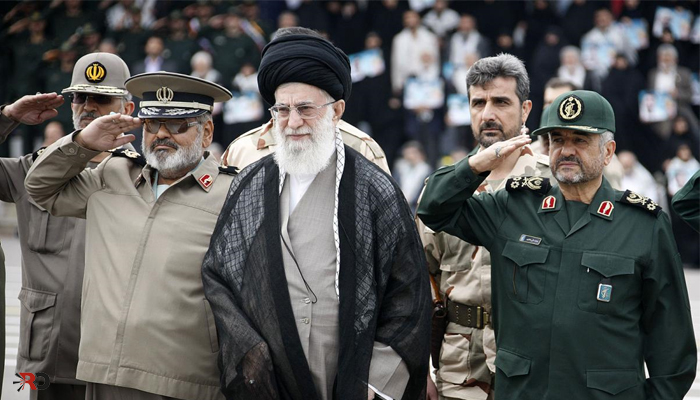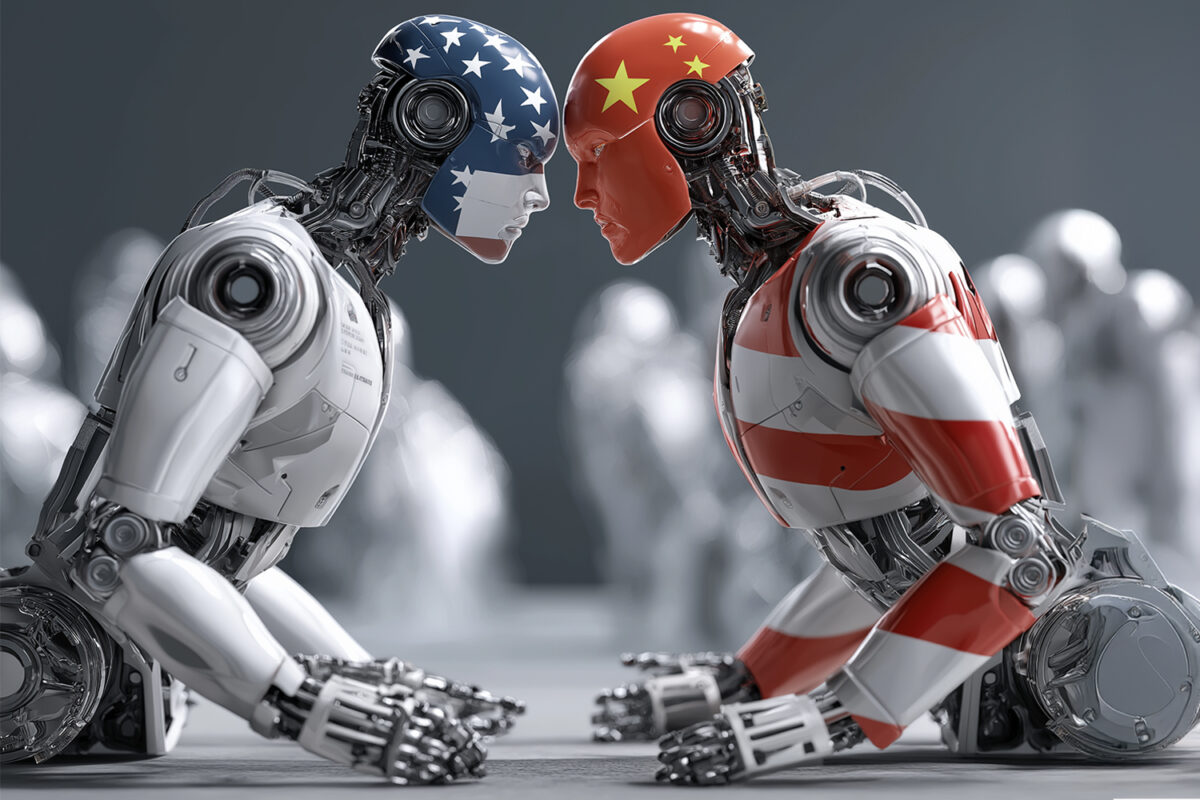By Adnan Khan
Mohammad-Ali Ja’fari, commander of Iran’s Islamic Revolutionary Guard Corps (IRGC), recently made public in a memorial service held for Hamid Reza Assadollahi (recently killed in Syria) that the IRGC was responsible for training, recruiting and arming 200,000 pro-Iran fighters in Syria, Iraq, Yemen, Pakistan and Afghanistan.[1] The IRGC has played a central role for decades in spreading Iranian influence beyond its borders. Iran’s ability to project power internationally and maintain domestic stability rests with this elite military institution.
The IRGC was formed in May 1979 following the Iranian revolution in order to protect the newly founded regime. As the intelligence services and armed forces were stacked with personnel from the Shah’s era, similar to Hitler’s SS the IRGC is the clerical regime’s first and last line of defence. During the 1980s, the IRGC fought against insurgencies and took a lead role in the Iran-Iraq War. These experiences helped the IRGC become the core of the Iranian national security and foreign policy establishment. Although the IRGC operates independently of the regular armed forces, it is effectively a military force in its own right due to its important role in Iranian defence. The IRGC consists of ground, naval, and aviation forces, which parallel the structure of the regular military. Currently, the IRGC comprises 125,000 members and continues to derive its legitimacy from the clerical elite, led by Iranian Supreme Leader Ayatollah Ali Khamenei, who maintains ultimate authority in Iranian politics. IRGC generals are appointed by Khamenei, the group’s commander in chief, not the civilian government.
The al Quds Force, a component of the IRGC, has formed pro-Iran militias in foreign countries. The core operatives of the Quds force comprises only a few thousand highly skilled and dedicated specialists. The core personnel are considered to be highly educated, most speak foreign languages, and are all supporters of Iranian national and regional ambitions. The Quds Force biggest success has been in Lebanon, where they helped local Shia form Hezbollah, which has come to play a central role in Lebanese politics and in maintaining Iranian influence. In Syria, the al Quds branch has played a key role in maintaining the regime of Bashar al-Assad. Whilst in Iraq the Quds leader Brigadier General Qasim Solomani has been directly leading and directing forces on the ground in order to prop up the regime in Baghdad and to take on ISIS.[2]
The IRGC also has a paramilitary force of 100,000 personnel to deal with any anti-government activity inside Iran. To assist them, the Basij Forces (Mobilisation Resistance Force), was created which is a network of potentially up to a million active individuals who could be called upon when street muscle is required. The Basij could be committed to assist in the defence of the country against internal or external threats, but by 2008 it had also been deployed in mobilising voters in elections and alleged tampering during such activities. The Basij are usually young, Islamic men, who are not afraid to get their hands dirty. If opponents to the government stage a large demonstration, it will often be broken up by Basij, in civilian outfits, using fists and clubs.
Over the decades the IRGC has expanded and gained influence — in some cases, control — over domestic law enforcement, foreign intelligence operations, strategic military command and the national economy. Today the IRGC has a robust economic portfolio. Many IRGC commanders retire relatively early, usually at 50 years old and join Iran’s political and economic elite. Former IRGC commanders now dominate heavy industries, including the construction industry, and civilians operating in these industries are subordinate to IRGC elements. The group also generates revenue through illicit channels. Its mandate for border security enables the group to run massive smuggling operations. In these operations, IRGC troops move luxury goods and illegal drugs (especially Afghan heroin), charge port fees and receive bribes. The proceeds from these activities augment the funds appropriated to the IRGC by the civilian government.
The IRGC is Iran’s most cohesive institution which in turn has led it to eclipse many other institutions and dominate Iran’s security, military and economic landscape. It continues to maintain loyalty to the clerical leadership and its importance can be seen from the fact that the IRGC, rather than the countries conventional forces maintain the country’s ballistic missiles. With the rapprochement between Iran and the US in full swing, the IRGC as the most efficient component of the state apparatus and guardian of Iranian security will play a central role going forward.
[1] Fars News, January 12, 2016
[2] http://observers.france24.com/en/20140904-amerli-iraq-soleimani-video-iran-isis





